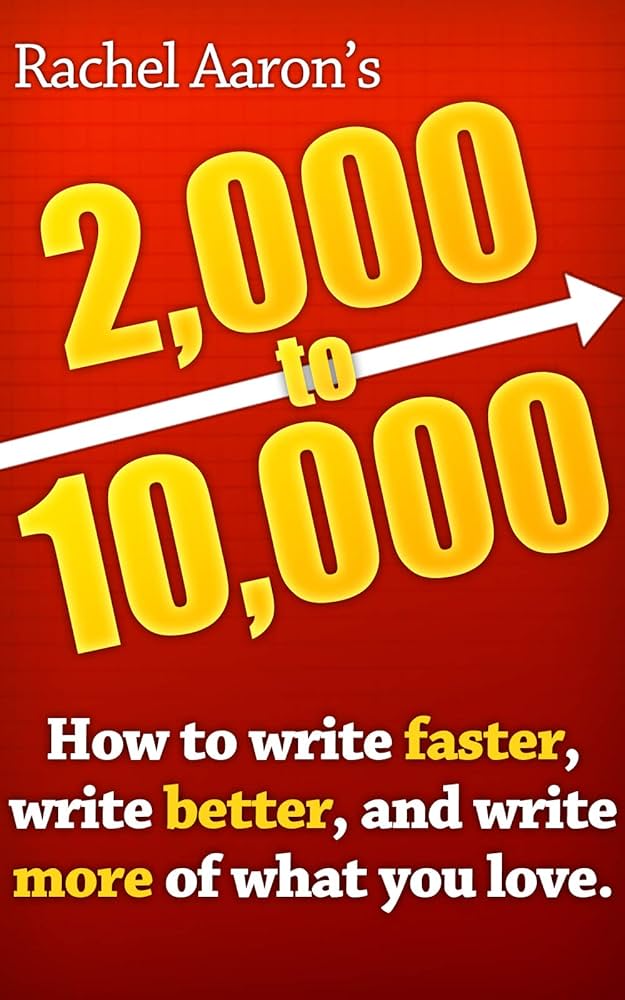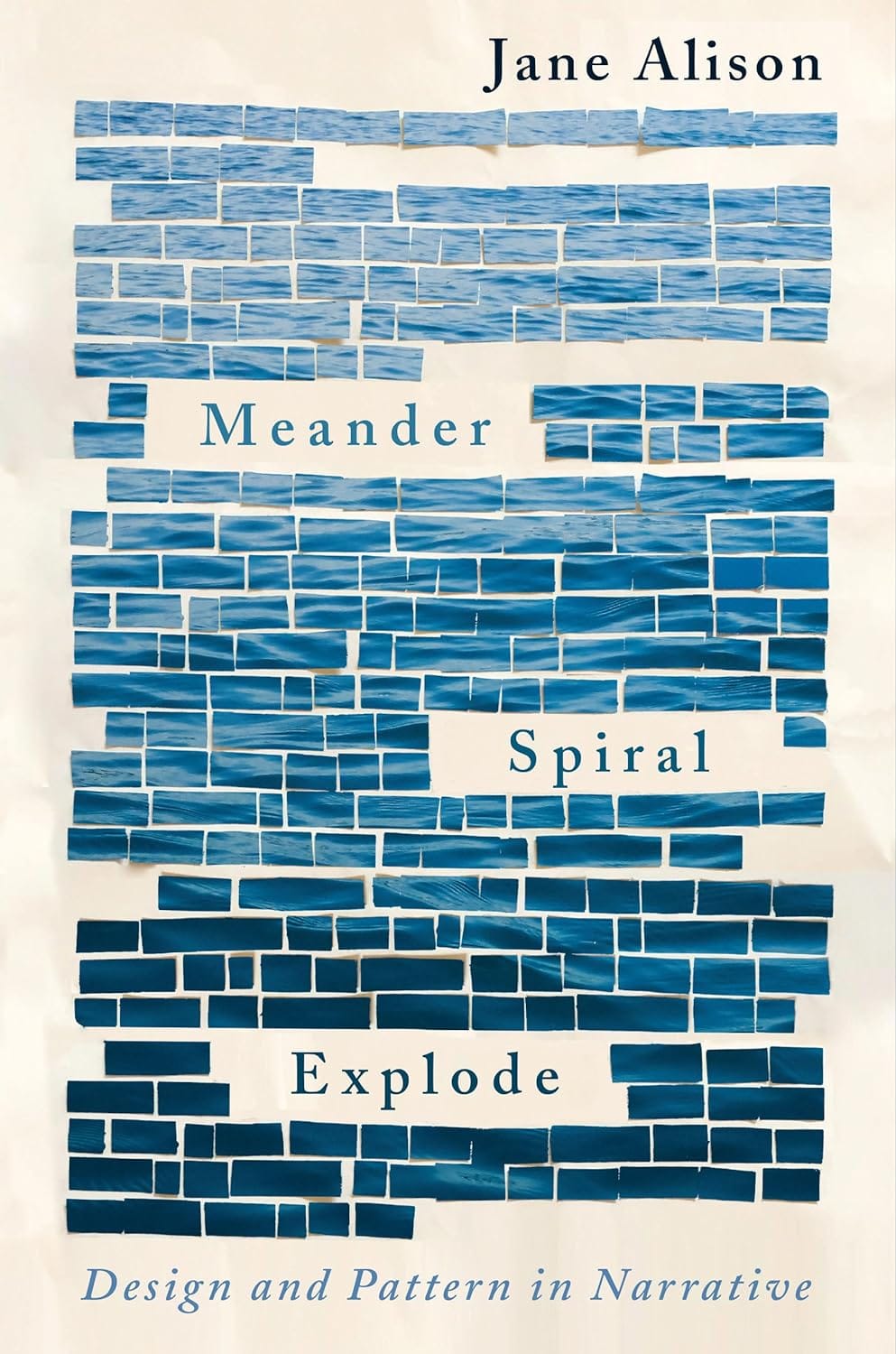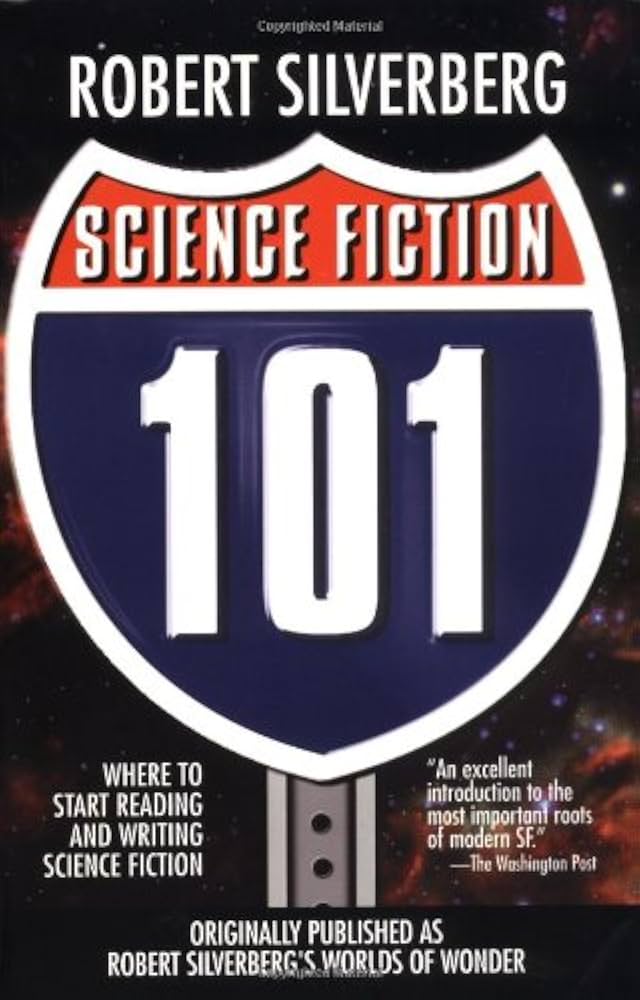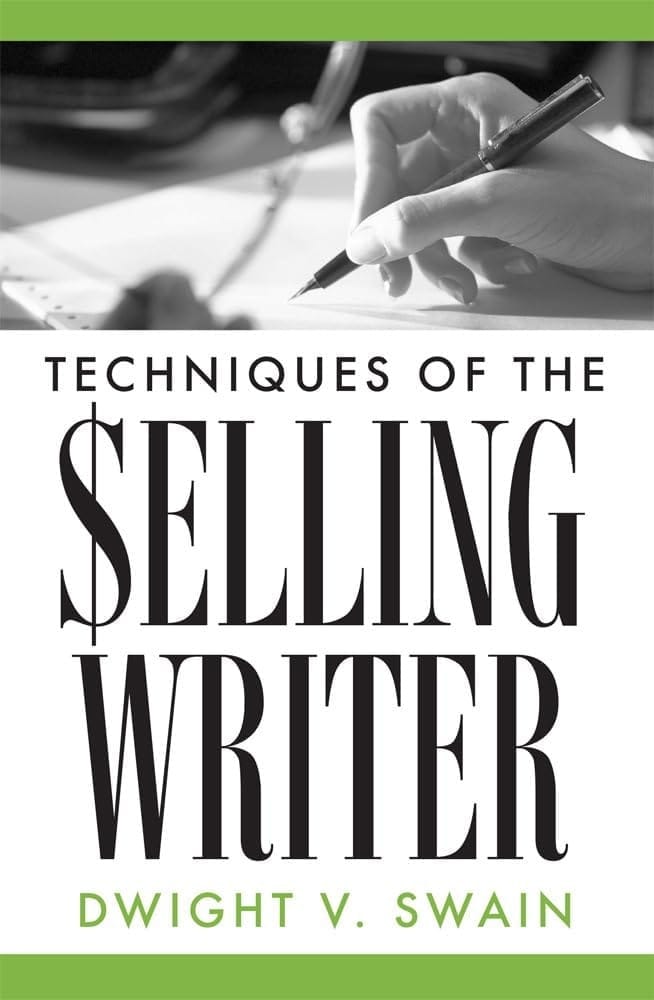Murder Your Darlings - Roy Peter Clark
Clark summarizes over 50 writing books in six categories, with insightful commentary and bullet-pointed lessons at the end of each chapter.
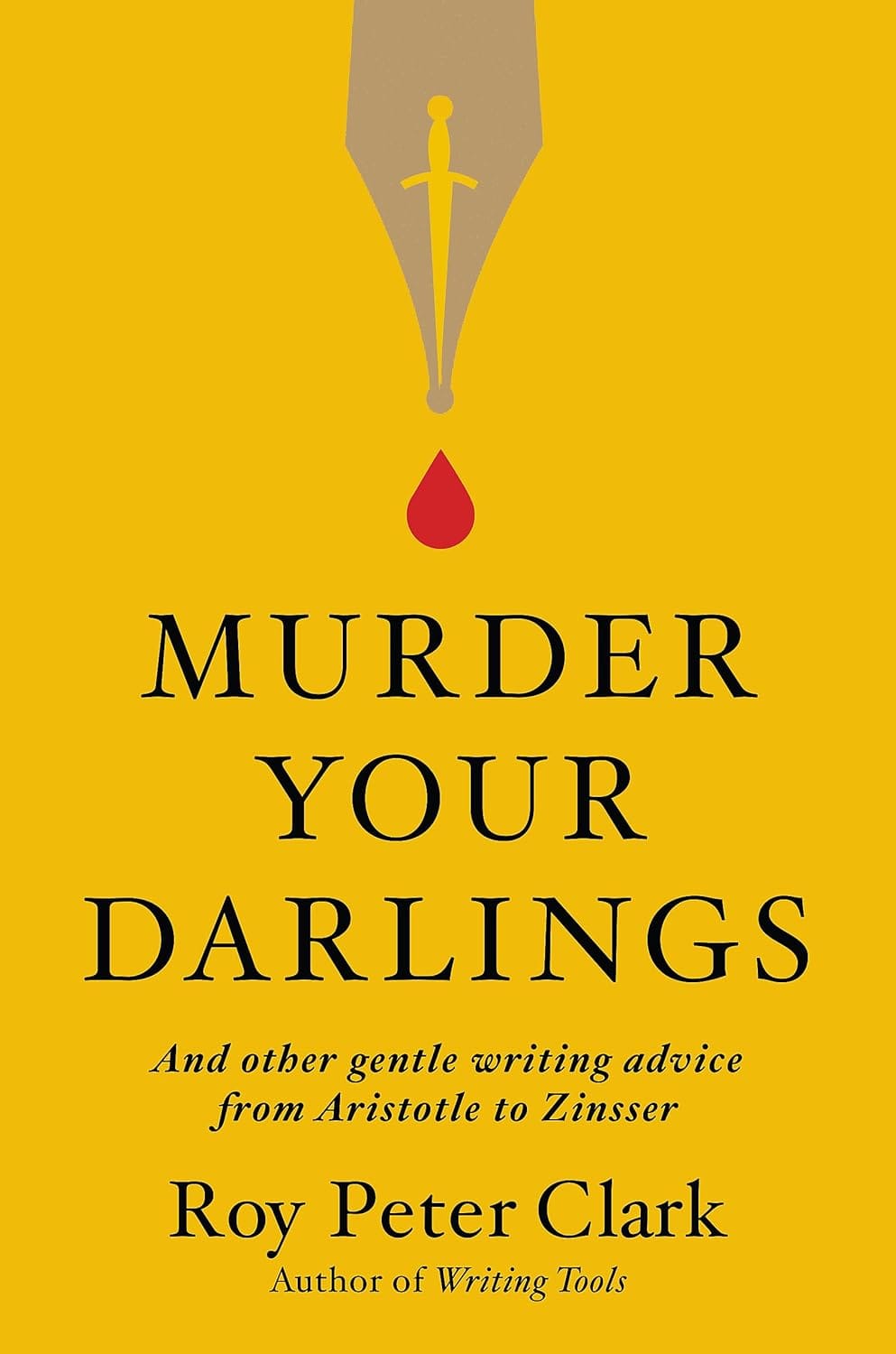
What: Have you ever started something and then realized someone already did it a hundred times better? Clark summarizes over 50 writing books in six categories, with insightful commentary and bullet-pointed lessons at the end of each chapter.
Who: Roy Peter Clark is one of America’s best writing professors. He is a senior scholar at the Poynter Institute (one of the world’s best journalism schools) and the author of over twenty books on writing including The Art of X-Ray Reading, How to Write Short, and Writing Tools.
Read it When: If you are reading this blog this book is for you. You want to get the “just the good stuff” version of a lot of writing books fast.
Tone: Causal and authoritative. Your favorite professor hands out the fun kind of extra reading assignments during office hours.
% on Writing: High
Keywords: Craft, Voice, Writing Life, Basics, Fiction, Nonfiction, Read the Bibliography
Sometimes you start a project, only to realize that someone else has done it, and done it better. I found Murder Your Darlings a few weeks after getting serious about starting this blog and it totally took the wind from my sails. I’ve adored Clark’s writing for ages. The Art of X-ray Reading was one of the inspirations for this project of cataloging and connecting writing books. But hey, sometimes you need to write the thing anyway, even if someone else has trod the path before you.
Clark is a professor at the Poynter Institute, one of the US’s most prominent Journalism schools, located in Florida (universe help them). He has written several best-selling and excellently written writing books for a general audience. I would recommend any of them, and will get around to reviewing several more of his works in my own time. If you are enjoying this blog, you’ll like Clark’s book.
Murder Your Darlings is organized into six sections: Language and Craft, Voice and Style, Confidence and Identity, Storytelling and Character, Rhetoric and Audience, Mission and Purpose. The topics stretch from the basics of the writing process to the philosophy of why we write. Each chapter starts with a "toolbox", a concrete thing the chapter focuses on, then moves on to a summary of the book(s) in Clark’s hallmark insightful style. Having already read many of these books, Clark is skilled at distilling the essential lessons from each text, and sometimes he adds his own observations which are always helpful. Each chapter ends with "lessons", assignments to help you work on the topic of the chapter in your own writing.
Most useful for me right now was the section on tuning the voice in your work, Chapter 10 based on The Sound on the Page by Ben Yagoda. Clark like the best of teachers, puts hard definitions to a set of nebulous terms I’ve been struggling to articulate for myself. He writes that a writer's voice is like an equalizer for music. He identifies the elements of voice as a cobination of: the level of language, choice of person, source and range of allusion, density of metaphor, sentence length and structure, distance from neutrality, inclusive or exclusive of the reader, conventional or experimental frames, original to derivitatve. By identifying these elements of voice, Clark allows me to think about where along each of those spectrums my own voice lies, and how I may want to modify my writing to tune my vocie towards something distinctive. More on this later as I have the Yagoda book on my TBR pile.
Clark does a brilliant job of summarizing and distilling these books into the relevant bits, and you’ll learn a lot more if you do the lessons in each section. Most everyone will find something of use in the summaries of more than 50 writing books. I’ve also added all the books to the end of The List for your perusal. If you are ever getting impatient for an update, go read Clark..

